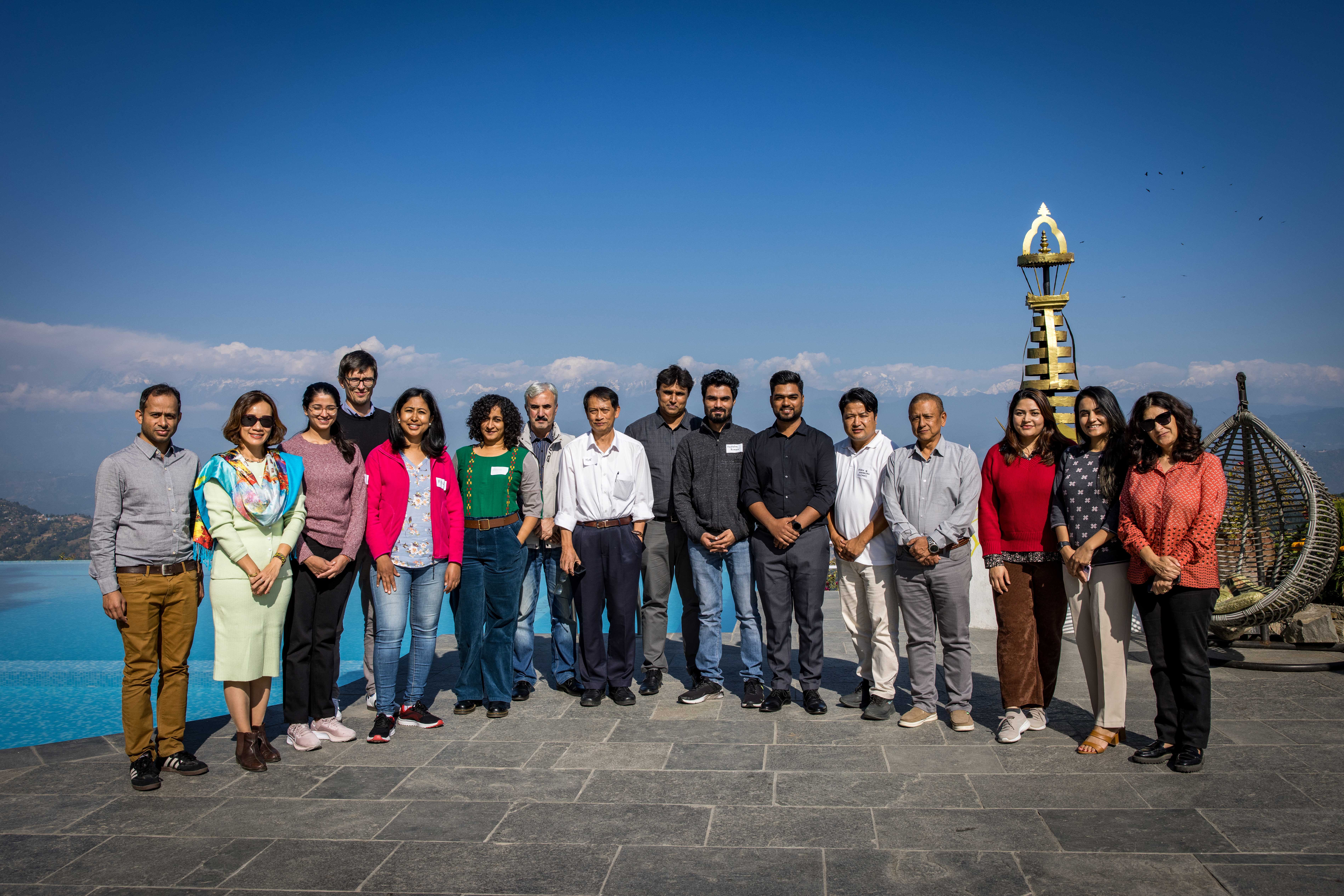Co-Leads

Himani Upadhyay
Researcher
Potsdam Institute for Climate Impact Research (PIK)
Germany

Kenza Tazi
PhD student
University of Cambridge and the British Antarctic Survey
England

Jakob Steiner
Geoscientist
Based in Pakistan
Proposal
Making decisions and communicating evidence requires data – accessible data. This is especially true when talking about risks and when we need to see the bigger picture of challenges that cross borders. Data is crucial to understand the past impacts of hazards on economies and livelihoods and projections of climate and socio-economic changes. Data can tell stories on how our mountains are changing in local and global media and drives narratives that are crucial to support future decision-making.
International monitoring bodies on glaciers, snow, water, population, health, and infrastructure rely on regional initiatives to indicate where the gaps in data and hence support global initiatives to fund data collection and curation. Furthermore, data is also only useful when stakeholders and decision makers trust them. This is why it is crucial that the process in retrieving, creating, curating, and sharing data is transparent.
Recent years have seen rapid development in the production of (big) data in both the natural (e.g. landslides) and social sciences (e.g. population data). There is a need to make the data FAIR, free, accessible, interoperable, and retrievable. However, in mountain regions that are often topographically complex and relatively remote, large-scale datasets are difficult to create and validate. At the same time, the necessity to include Indigenous and local knowledge in data creation is also being increasingly appreciated. This, however, results in data formats becoming increasingly heterogenous.
Mission
Provide frameworks and guidelines on regional data production, collation, curation and sharing in a mountain context, supporting policy makers and practitioners and facilitate dialogue between data producers, owners, and users.
Vision
Accelerate the FAIR data practices in the HKH by ensuring the participation of scientists, practitioners, and policy makers in developing future standards and data sharing mechanisms.
Rationale of the Working Group
- Provide technical support to scientists and practitioners to produce and share regional datasets
- Improve interdisciplinarity in data production, including bridging the gap between quantitative and qualitative data
- Support the integration of local and Indigenous knowledge into available data
- Share knowledge and experience on data collection, production, curation and sharing within the region and between the region and global actors
- Develop common frameworks on regionally distributed data in mountain contexts for the region with respect to producing and sharing
- Facilitate the integration of data producers, owners and users in international networks and working groups
- Develop and contribute to data portals to make data accessible
- Collaborate on research on the meta level of data production, curation and sharing regionally and globally
Proposed activities

- Workshop on data quality and ethics across domains in 2024 (and/or potential associated publications)
- Promote qualitative data generation and use especially with respect to migration, displacement, and adaptation
- Workshop dealing with data/metadata and formatting
- Making use of the existing data

